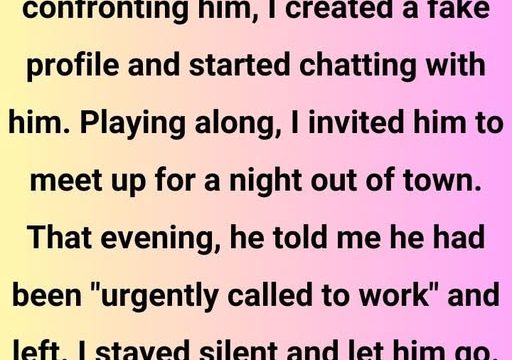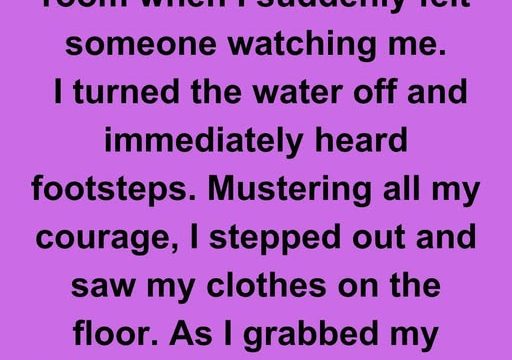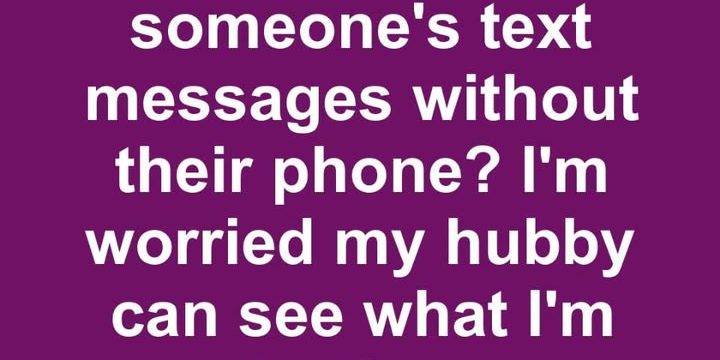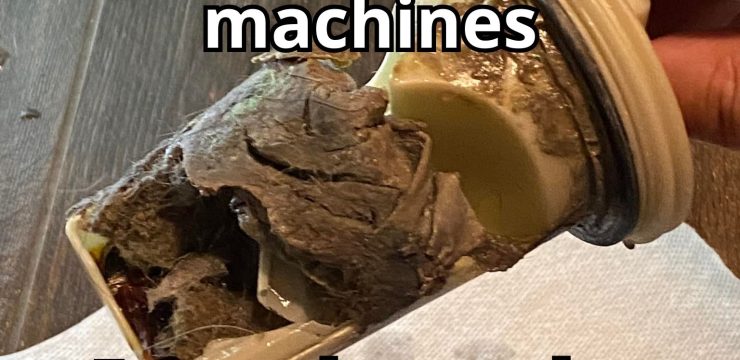I married a man I barely knew, caught up in a whirlwind romance that convinced me we were destined to create a beautiful life together. Ethan was charming, attentive, and persuasive. He was 29, a widower with two young children, and I was just 22. In hindsight, it should have been a warning sign when he introduced me to his kids only days after we started dating, but at the time, I was too swept away to notice. His daughter Lena and son Caleb were young, and I was eager to show I could love them like my own.
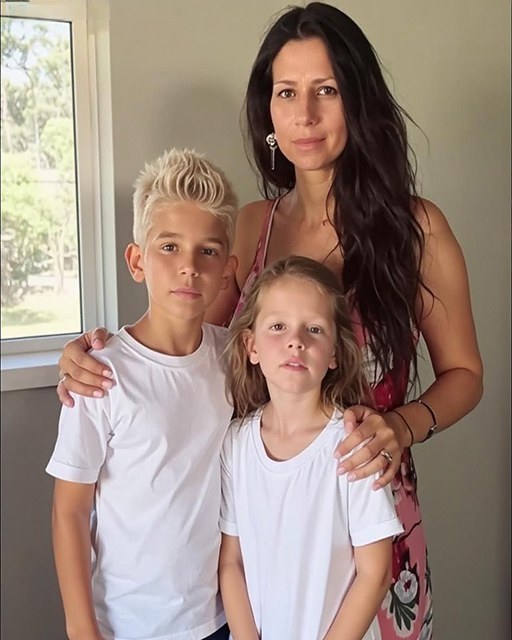
Ethan made it feel like fate—that I wasn’t just his partner, but meant to be their mother too. A year later, we married. At the wedding, we exchanged vows not just with each other but also with the children. It felt meaningful, symbolic—the beginning of a real family. Then reality hit, fast and uninvited. Though I worked full-time, I somehow became the default everything at home. I cooked, cleaned, helped with homework, wiped tears, folded laundry, while Ethan slowly pulled away. He always had an excuse: he was tired, stressed, or needed to unwind. That “unwinding” usually meant video games or hanging out with friends while I stayed home managing every corner of the household. Whenever I shared how overwhelmed I felt, he brushed it off with a smug, “I’m paying the bills. You’ve got the rest.” The more I gave, the more invisible I became. His kids noticed too.
They didn’t see me as a parent anymore—I was the maid, the nanny, the background noise in their real lives with their dad. “Why do we have to do things with you?” they’d ask. “Dad lets us have fun.” Those words cut deeper than they knew. I had made promises to those kids—promises I truly believed in. But the longer I stayed, the more I lost pieces of myself. By the end of our first year as husband and wife, I knew I’d made a mistake. Still, I stayed for years, weighed down by guilt, afraid that leaving would break something in those kids I couldn’t fix. Eventually, I hit my breaking point. I packed a suitcase, left a letter on the kitchen table, and disappeared from their lives without saying goodbye in person. I was too emotionally drained to face them.
In the note, I told them I had tried. That I loved them. That I couldn’t survive a life where I was constantly overlooked, taken for granted, and emotionally exhausted. I signed it with love, even though I was leaving. The divorce was bitter. Ethan became a stranger—cold, defensive, harsh. I didn’t fight for anything. I lacked the strength. I walked away with nothing but my freedom and a heavy guilt I couldn’t shake. For a long time, I lived in silence, wondering if I’d failed the two children I once tried so hard to love. Years passed. I rebuilt my life slowly. I worked, healed, and began to understand who I was outside of others’ expectations.
Then, nearly fifteen years later, my phone rang. The number was unfamiliar. I hesitated before answering. “Hi… Rachel?” a gentle voice said. “It’s Lena.” My breath caught. Time seemed to stop. I waited for anger, accusations, pain. But what I heard next shattered me completely. “You were the most beautiful part of our childhood,” she said, voice trembling. “Caleb and I… we remember you as our real mom.” Tears spilled down my cheeks before I could speak. I was stunned. “You gave us warmth. You made us feel safe,” she continued. “It took a long time, but we finally understood why you left. We saw the truth. Dad… he never really tried. Not with you. Not with anyone.” Lena told me Ethan never remarried. He dated here and there, but no one stayed long—especially once they realized he wasn’t looking for love, just someone to parent his kids for him. She and Caleb had grown up holding onto the memory of my care, attention, and effort. They’d never forgotten. We met not long after that call. Seeing them again—grown, graceful, full of life—made me feel a rush of grief and pride collide inside me. They hugged me, thanked me, and told me the impact I had made was lasting. “You made us feel seen,” Caleb said quietly but firmly. “That mattered more than you’ll ever know.” Looking at them, I wondered how different life might have been if things had gone another way. I’ll never know if leaving was the best or worst choice. But I do know that the years we shared left something behind—something kind, something lasting. Even though I left, I left love in that house. And even absence, when rooted in care, can plant something strong. I had to walk away to save myself. In doing so, I gave them something they carried forward, even when I couldn’t stay. If there’s a takeaway from my story, maybe it’s this: leaving doesn’t always mean giving up. Sometimes, it’s the only way to make sure the love you offer remains honest and intact. So I ask you, if you were in my shoes, what would you have done? Would you have stayed? Or would you have left, hoping the love you gave—even if brief—would be enough to be remembered?
